Report: 500 major Israeli officers leave military over Gaza war
More than 14 months into Israel’s aggression against the Palestinians in the Gaza Strip, the Israel military is now facing a critical personnel crisis as approximately 500 officers holding the rank of major have departed military service since mid-2024.
Israeli outlet Hayom, citing sources, reported on Thursday that current trends suggest 2025 could see even higher departure rates.
"While only five lieutenant colonels left non-combat positions in 2024, indicators suggest concerning trends across all ranks for 2025," the report said.
The crisis extends beyond junior officers. Unit commanders, including those in combat roles, are increasingly questioning their continued service.
This comes as the army grapples with unprecedented departures as career personnel cite burnout and lack of recognition.
The exodus, occurring during the Israeli offensive on Gaza, has caught military top brass off guard and threatens force readiness.
"The command of the Israeli army is surprised by the extent of the phenomenon of leaving the army and estimates that after the ceasefire in the besieged Palestinian territory, this number will increase."
The crisis compounds an existing personnel shortage.
"In 2022, a record 613 majors left career service, with departures temporarily slowing only after the war's outbreak against Gaza in late 2023."
The number of officers leaving the army is considered destabilizing due to the worsening security challenges in the occupied territories, the report said
There are many reasons behind the withdrawal of officers, including pressures due to continuing war on Palestinian territory and economic problems.
The Israeli military has implemented countermeasures, including publicized bonuses for combat commanders and retirement age changes. However, these efforts may prove insufficient against the growing exodus.
Military top brass acknowledges this represents "a strategic threat to Israel's security."
The departure of qualified personnel creates a critical vacuum that could force compromise on commander qualifications, potentially causing long-term damage to military effectiveness.
"This isn't just about numbers," a senior officer emphasized.
"Wars aren't won with equipment alone. They're won by the quality of personnel operating that equipment. We're at risk of losing our most experienced leaders exactly when we need them most," the officer said.
The timing proves particularly challenging as the Israeli military plans a significant expansion of aggression across the region.
"Pre-war career personnel numbered about 42,000, rising to 45,000 during the conflict. Additional increases are needed to establish new combat units and support functions, yet recruitment struggles persist," the report said.
The regime’s military was already facing a critical manpower problem as it ran short of thousands of forces.
In addition, an increasing number of Israeli regime soldiers are also silently refusing orders to return to the battlefield in the besieged Gaza Strip due in large part to the resistance put up by the Palestinian fighters.
Career personnel cite multiple factors beyond combat stress. While reservists receive public recognition, substantial bonuses, and family support services, career officers working similar hours receive standard salaries and minimal additional benefits, the report said.
Within the same unit, reservists may earn up to 50,000 shekels monthly including bonuses, while career personnel maintain constant operational tempo without comparable compensation, it noted.
"My son's classmates from reservist families received school recognition and support, while he was excluded because I'm a career soldier," one combat commander told Israel Hayom. "How should he process this while I'm fighting in Gaza?"
The Israeli soldiers say they are now depressed, unmotivated, worn out and psychologically damaged due to an unending campaign of death and destruction across the region.
Despite causing a massive death toll and suffering fatalities, the Israeli military has stopped short of achieving the goals that it has been seeking to score through the war, such as “destroying” the Hamas resistance movement, finding the captives that the Gaza-based resistance movement is holding, and bringing about forced displacement of the Palestinian territory’s population to neighboring Egypt.
VIDEO | Spain's 'Jurists for Palestine' calls for severance of ties with Israel
VIDEO | Gaza war dims West Bank Christian holidays for second year
Pezeshkian: Stopping Zionist regime must be most important priority
Report: 500 major Israeli officers leave military over Gaza war
VIDEO | Call for action amid humanitarian crisis in Parachinar
Qassam Brigades: Four Israeli soldiers killed in Gaza operation
VIDEO | Gaza’s Christians fear threat of extinction amid Israeli genocidal war
Iran, Egypt demonstrate necessary will to restore ties: Presidential aide




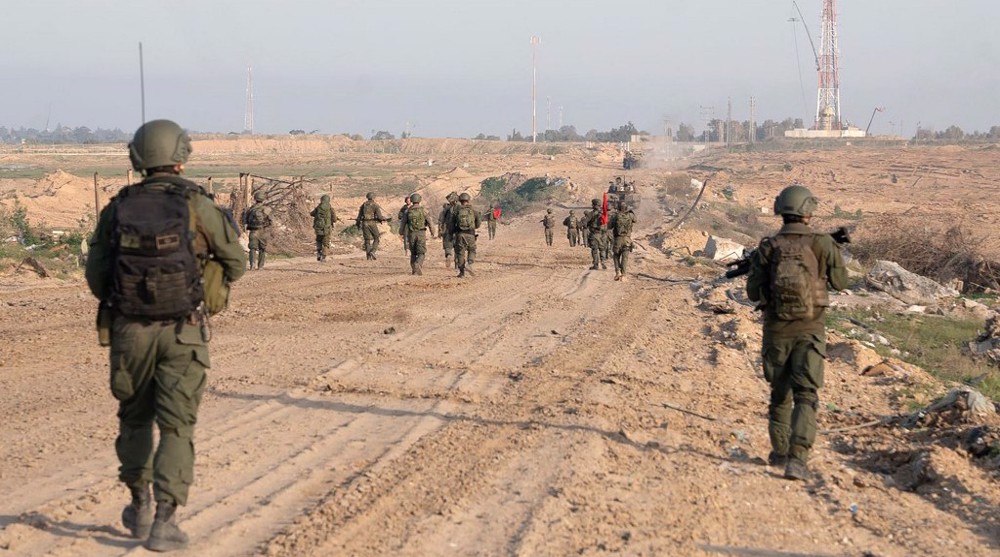
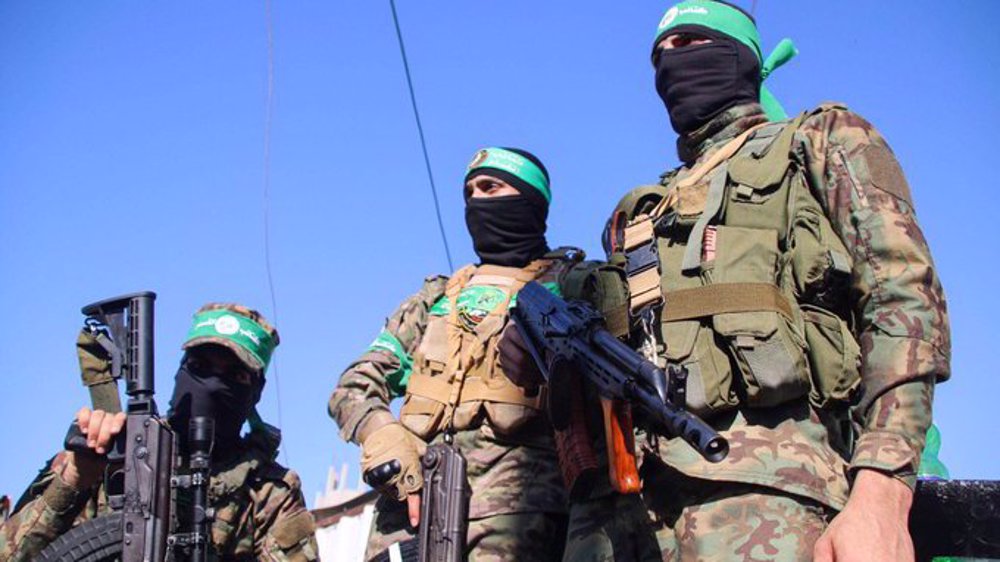






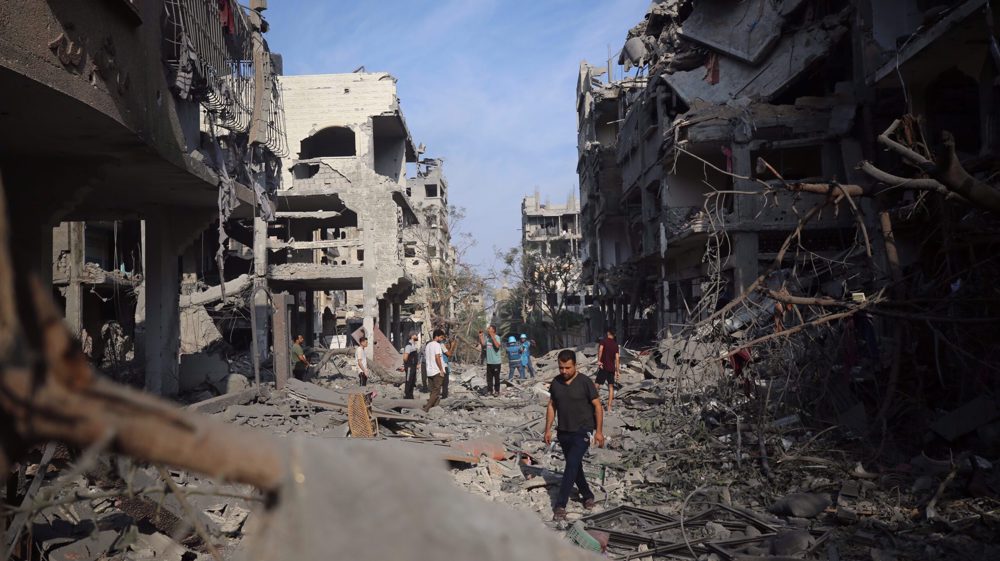




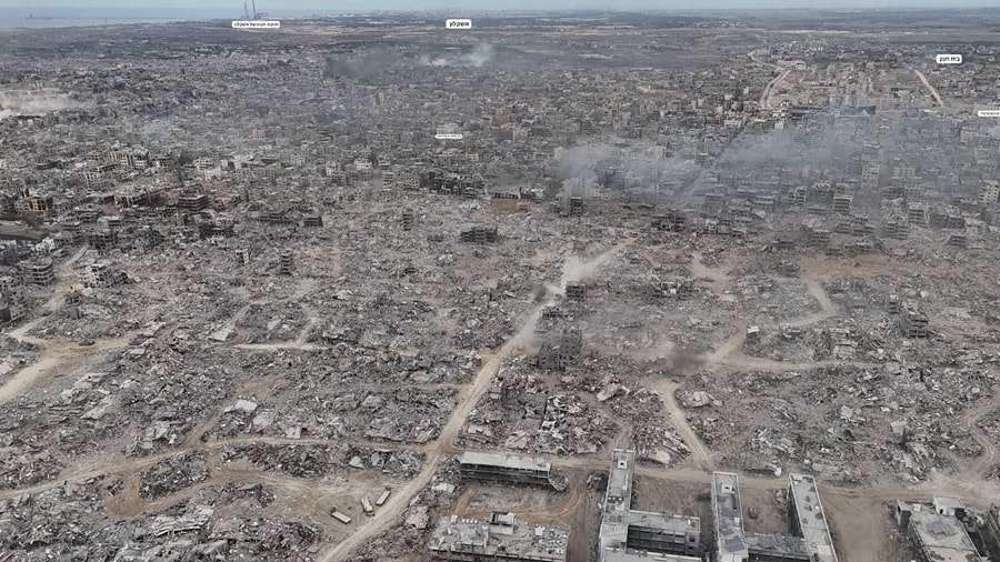


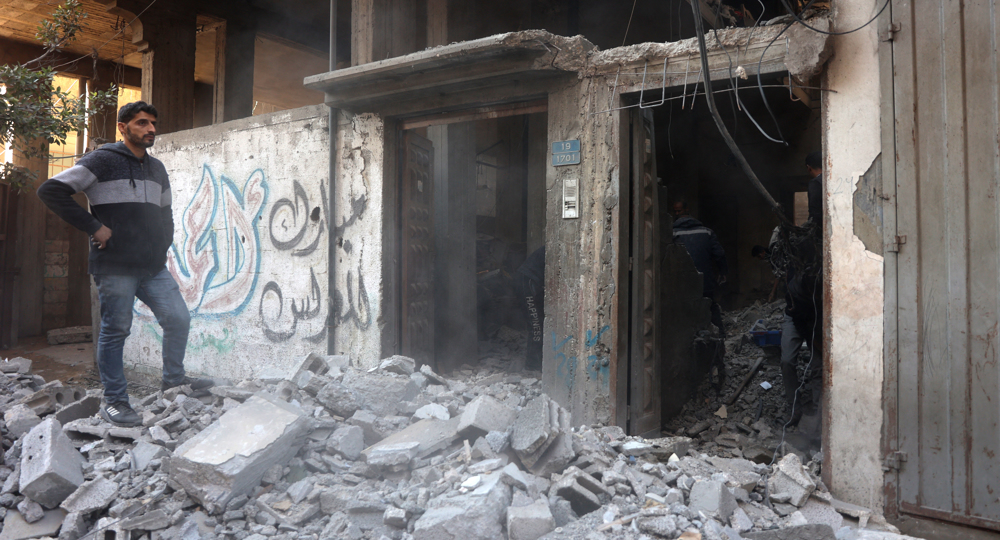

 This makes it easy to access the Press TV website
This makes it easy to access the Press TV website